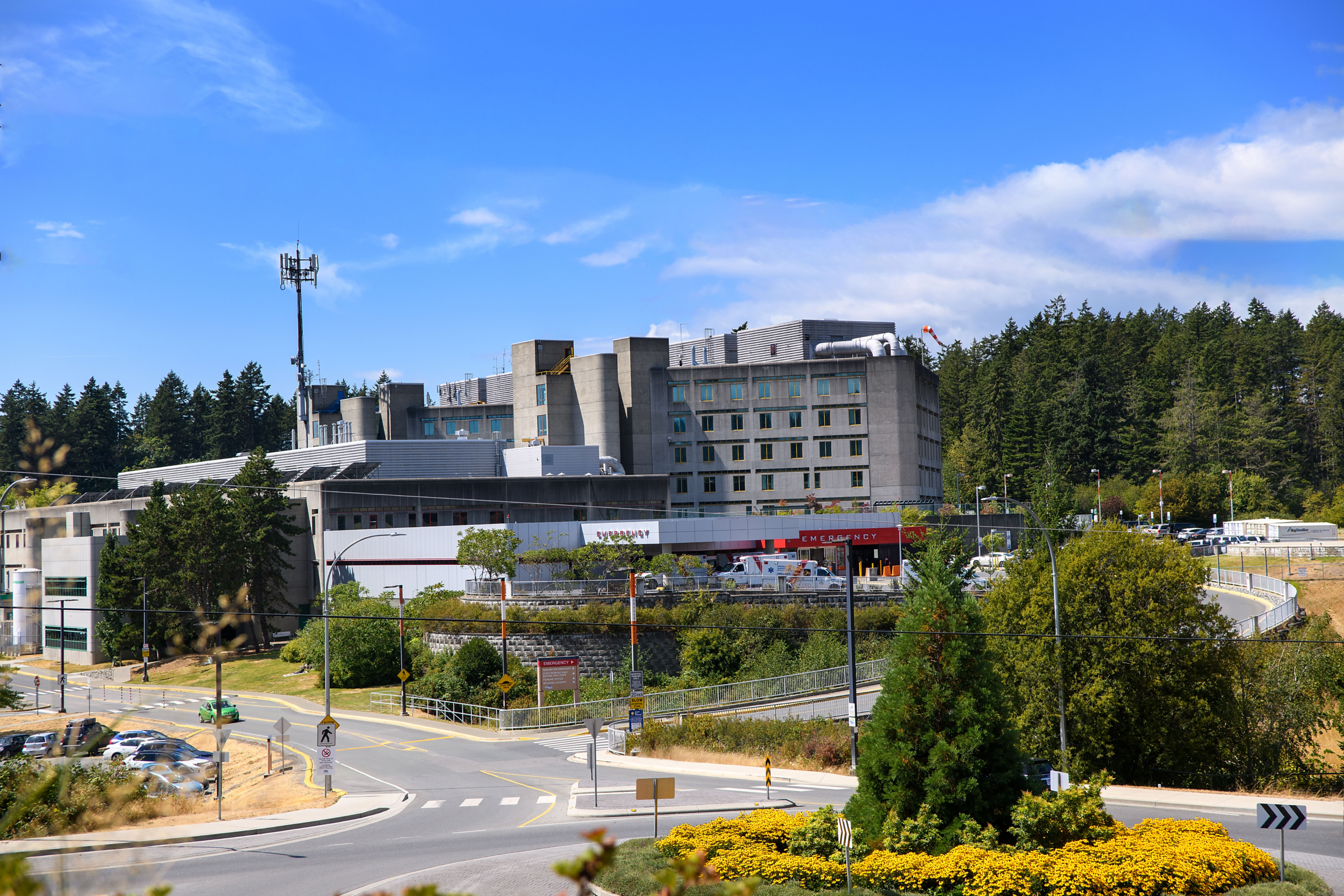RESEARCH SEED GRANTS: SPRING 2024 RECIPIENTS
$50,000 of donor funding is awarded annually as seed grants to support the launch of research projects within our Island community. Thanks to our community’s generous support, four new initiatives were funded this spring.
Catalyzing action to reduce preterm birth among Indigenous people in British Columbia
Team Leads: Jennifer Murray (University of British Columbia) and Shannon Waters (Island Health)
Worldwide and in Canada, Indigenous women face an increased risk of adverse birth outcomes, including preterm birth. Preterm birth is any birth before 37 weeks of gestation, and has long-lasting health impacts on the infant, parents, and family.
These disparities are linked to the impacts of historical and ongoing colonization that have severely disrupted Indigenous people’s lives, culture, and the intergenerational transfer of knowledge. An ongoing community-based study has found that the rate of preterm birth is three times higher for Quw’utsun (Cowichan Tribes) community members than for non-First Nations births.
The goal of this project is to reduce the risk of preterm birth by catalyzing health system change and fostering strong, healthy, and thriving Indigenous communities in Quw’utsun, across Vancouver Island, and throughout BC. To achieve this goal, the team will prepare a policy brief and engage in deliberative dialogue with policymakers and health service leaders.
Recharging the Charge Nurse: developing the next generation of nurse leaders
Team Leads: Lenora Marcellus (University of Victoria) and Kent Soltys (Island Health)
Charge nurses, or unit leaders, are critical to the successful operation of clinical care units. They coordinate and mobilize resources, respond rapidly to changing demands and conditions, create a positive work culture, and are accountable for patient safety and quality care. Within Island Health, the role has usually been given to the most senior or expert nurse on shift, yet many are now retiring. In Island Health’s annual survey of new registered nurse graduates, 60% reported being appointed as charge nurses within their first 6 months, yet many lack access to training and support specific to this complex point-of-care leadership role.
This project aims to describe the experiences of Island Health charge nurses, how they were prepared for the role, the challenges they experienced, and how they developed as leaders. The results will contribute to improving satisfaction and retention, and creating an initial foundation for and interest in nursing leadership development.
Improving quality of life and reducing pain for children with spasticity
Team Lead: Dr. Paul Winston
Spasticity causes muscle stiffness, pain, and disability for millions of adults and children worldwide. It affects up to 70% of children with cerebral palsy, as well those who have experienced strokes, spinal cord injuries, or severe traumatic brain injuries. Spasticity can cause painful and deformed joints, and may result in disability; as they grow, children either need constant injections with botulinum toxin, or major surgeries.
This research project will document the impact of an innovative treatment for spasticity in children: cryoneurolysis or nerve-freezing is a quick, long-lasting, and cost-effective procedure. The study will measure mobility, function, independence, pain, and quality of life following cryoneurolysis.
Safety Interventions: Are they helping healthcare workers feel safer?
Team Leads: Frances Jorgensen (Royal Roads University) and Michael Morrison (Island Health)
Workplace violence is on the rise in healthcare, and has serious consequences for employees, patients, and our communities. Emerging research also suggests that equity-deserving employees are more often the target of workplace violence and may suffer more enduring negative consequences. Many ways to prevent workplace violence have been proposed and implemented, but we don’t know how healthcare employees actually experience these interventions, or whether they feel safer as a result.
This project will ask hospital employees whether violence prevention in their workplace has increased their sense of safety, and how it could be more effective. The research team aims to develop practical ways to improve violence prevention, enhancing employee safety and reducing risk.
We at the Victoria Hospital Foundation congratulate all four seed grant recipients, and thank them for their dedication to elevating care here on our Island and beyond. With your donation to research, we can continue to support healthcare innovators like these in our hospitals.





